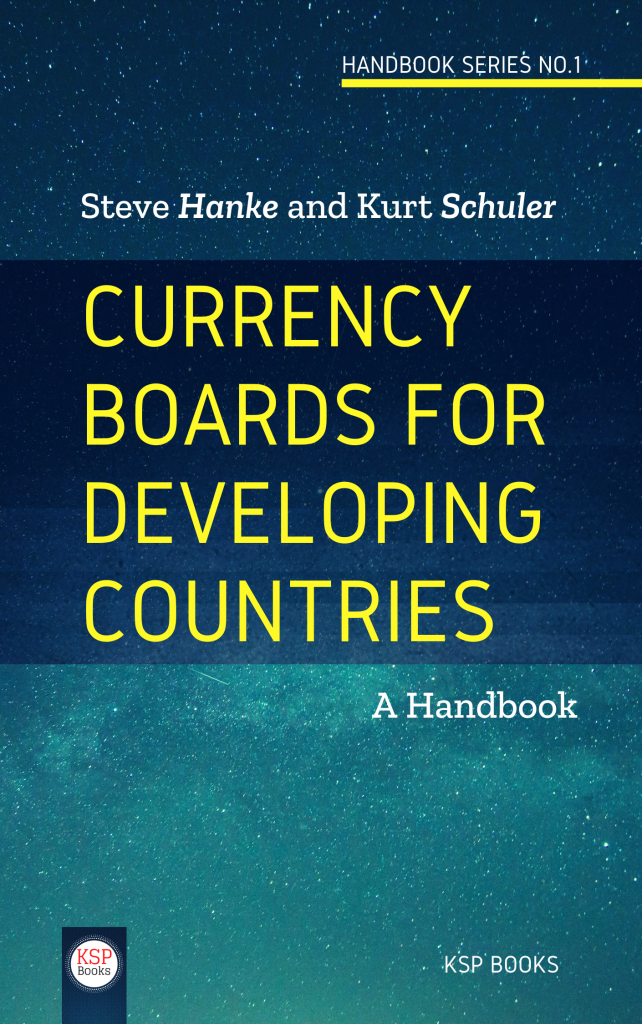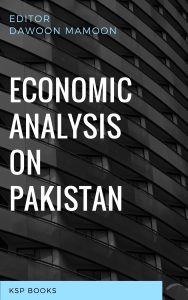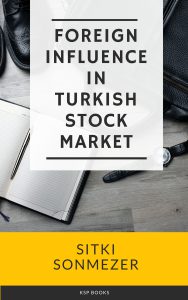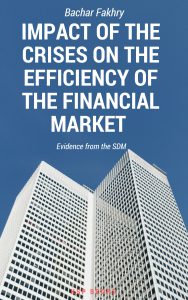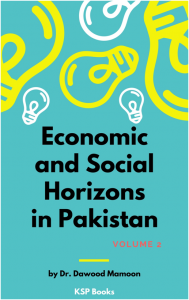Synopsis
The International Center for Economic Growth, through its offshoot ICS Press, published the original version of this study in 1994. With their permission, we posted a slightly updated version on the Internet in 2000. We thank them again in connection with this edition, which updates a few references to events but is not a comprehensive revision. We are working on a forthcoming, larger book about currency boards with Nicholas Krus that will summarize our quarter-century or more of thinking on the subject.
This book has had a substantial influence. It has been translated into Bulgarian, French, Spanish, Turkish, and Georgian. A modified version, adapted to the specific circumstances of Lithuania, influenced that country’s monetary reform of 1994 (Hanke & Schuler 1994b). Both an unauthorized and an authorized Bulgarian translation were widely read during the high inflation that preceded Bulgaria’s adoption of currency board-like rules in 1997 (Hanke & Schuler 1996, 1997). Most recently, the book has been published in Farsi by the Majlis (Parliament) Research Center of Iran and in Arabic by the Lebanese Institute for Market Studies in Tripoli, Lebanon.
Contents
About the Editor
ISBN
978-625-7501-15-6
Date of Publication
December 1, 2021
File Size: 2139 KB
Length: xiii + 156 pages
This work is licensed under a Creative Commons Attribution 4.0 International License.
